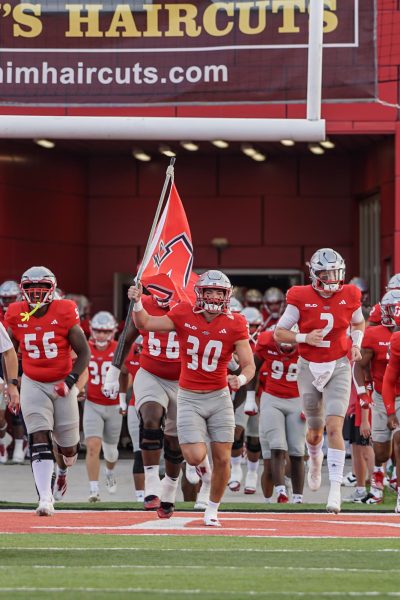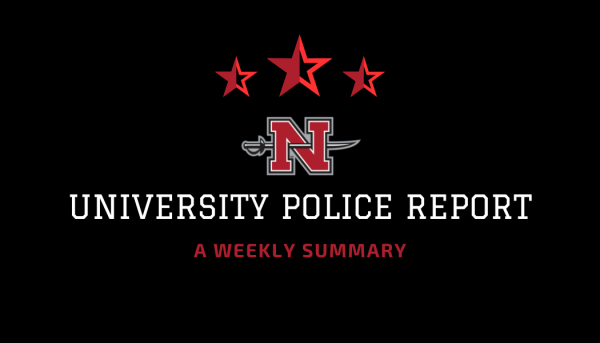Releasing information on banned people not violating privacy
When a person makes the decision to break the law or a rule from the code of conduct on campus, he or she runs the risk of being banned from the university.
According to Tommy Ponson, the director of student judicial services, it is a rare occurrence for a student to be totally banned from campus. Consequences are outlined in the student code of conduct and vary based on the individual circumstances.
“What we do have in the code of conduct is a suspension of rights and privileges,” Ponson said.
For a person to be completely banned from campus, it has to be a serious threat.
When someone violates the code of conduct or breaks the law, he or she may lose certain privileges, as deemed appropriate by the University Discipline Committee, which is comprised of faculty, staff and students.
“It’s a privilege to live on campus,” Ponson said. “It’s a privilege to come into the student union. It’s a privilege to be involved in the activities of the university.”
The code of conduct states that “no refunds or credits of tuition, fees or other costs associated with attendance including housing and meal charges, will be made to students when discipline sanctions are imposed” when a student is deprived of the access or continued enrollment in the university.
“We generally use a ‘ban’ for a non-student coming on campus. Technically we cannot deprive a student the right to an education.,” Ponson said.
According to Nicholls Police Chief Craig Jaccuzzo, a student can be banned from the university for behavioral issues or threats to the community or campus community.
A ban notice might be lifted in as little as six hours, after a student has his or her meeting with the judicial affairs office. The time frame varies from situation to situation.
“When we ban someone because of a criminal statute that we have charged them, we usually wait and see about what takes place in court,” Jaccuzzo said. “We try not to keep individuals banned for longer than six months, but we could go six months to as long as two years.”
A list of the individuals who are currently banned from campus can be found on the University Police section of the Nicholls website.
The website, which is updated regularly, shows names, ages and pictures of all individuals that are currently not allowed on campus.
Jaccuzzo explained that posting this information is not considered a violation of privacy because it is in the interest of public safety.
“We don’t just ban someone for chewing gum. It’s usually a criminal act or a violation of a sanction. We put it up there, and the list on the website it is to inform,” Jaccuzzo said.
When an individual is banned from campus or from a part of campus, he or she will be served with it in writing that they are no longer allowed to move around the campus. They are also informed that their information will be posted to the website.
It lets them know that they will be arrested for the criminal law of “remaining after being forbidden” (R.S. 14 63.3).
“That is a misdemeanor, but it puts them into the court system where they have to justify why they continually entered and remained in the facilities or properties that they have been told they cannot,” Jaccuzzo said.






